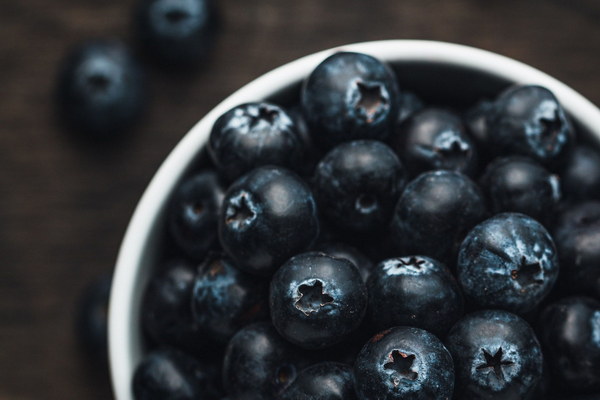Are Chestnuts Good for Your Stomach A Nutritional Insight
Chestnuts, those delightful nuts that often make their way into our holiday dishes, have been a staple in many cultures for centuries. Known for their sweet and nutty flavor, chestnuts have been prized for their health benefits. One such benefit that has sparked much debate is their ability to nourish the stomach. But, are chestnuts truly good for your stomach? Let's delve into the nutritional facts and uncover the truth behind this claim.
Firstly, it is essential to understand that chestnuts are not nuts in the traditional sense. They are the edible seeds of the chestnut tree, which belong to the genus Castanea. Unlike most nuts, chestnuts are low in fat and high in carbohydrates, making them an excellent source of energy. This is why they are often referred to as the meat of the forest.
Chestnuts are rich in dietary fiber, which plays a vital role in maintaining a healthy digestive system. Dietary fiber helps to add bulk to the stool, making it easier to pass through the intestines. This, in turn, can aid in preventing constipation and promoting regular bowel movements. For individuals suffering from gastrointestinal issues, such as irritable bowel syndrome (IBS), consuming chestnuts may help to alleviate symptoms.
Moreover, the high fiber content of chestnuts also helps to regulate blood sugar levels. When you consume high-fiber foods like chestnuts, the carbohydrates are released into your bloodstream more slowly, which can prevent spikes in blood sugar levels. This makes chestnuts an excellent choice for individuals with diabetes or those looking to maintain stable blood sugar levels.
Chestnuts are also an excellent source of several essential nutrients that contribute to stomach health. One such nutrient is vitamin C, which is well-known for its immune-boosting properties. However, vitamin C also plays a crucial role in protecting the stomach lining from damage caused by harmful bacteria and other irritants. By strengthening the stomach lining, vitamin C can help prevent stomach ulcers and other gastrointestinal issues.

Another vital nutrient found in chestnuts is magnesium. Magnesium is a mineral that plays a vital role in over 300 biochemical reactions in the body, including those that regulate muscle and nerve function. Adequate magnesium intake is essential for maintaining a healthy digestive system, as it helps to relax the muscles in the digestive tract, making it easier for food to move through the intestines.
Furthermore, chestnuts are a good source of potassium, which is crucial for maintaining fluid balance and normal muscle function. Potassium also plays a role in regulating the heartbeat and is essential for nerve function. By ensuring adequate potassium intake, you can help prevent gastrointestinal issues such as bloating, cramping, and diarrhea.
While chestnuts offer numerous health benefits for the stomach, it is essential to consume them in moderation. Chestnuts are high in calories and carbohydrates, so overindulging can lead to weight gain and other health issues. Additionally, individuals with certain gastrointestinal conditions, such as diverticulosis, should consult with their healthcare provider before incorporating chestnuts into their diet.
In conclusion, chestnuts are indeed good for your stomach. Their high fiber content, along with essential nutrients like vitamin C, magnesium, and potassium, can contribute to a healthy digestive system. However, it is crucial to consume chestnuts in moderation and consult with a healthcare provider if you have any concerns about your dietary intake or gastrointestinal health. So, the next time you're enjoying a warm, comforting chestnut dish, remember that these tasty nuts may be doing more for your stomach than you realize.









